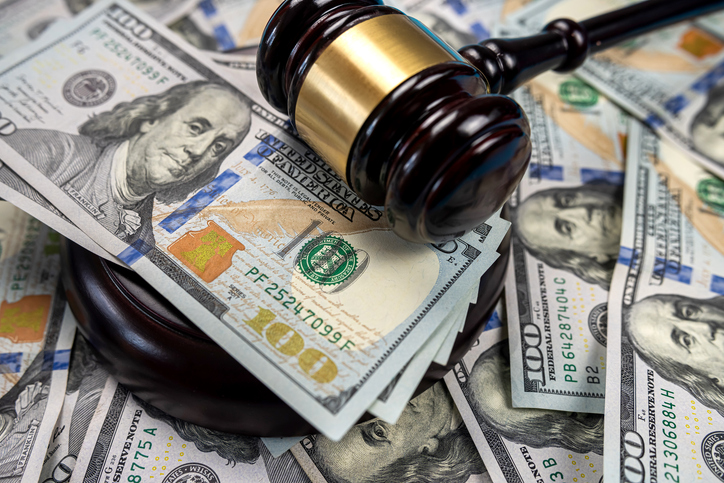Lawsuit pits cannabis against hemp yet again

It may surprise you that the cannabis and legal hemp industries aren’t allies in some cases. The plants are treated very differently—hemp is legal and can be sold in every state and shipped across state lines, while cannabis is the exact opposite. It’s only legal in select places and can only be sold in dispensaries. This discrepancy has pushed many cannabis companies to push for stricter hemp regulations as they see fewer sales and growth. This rivalry’s most recent development happened in Pennsylvania, where three subsidiaries of a major cannabis company filed a lawsuit accusing manufacturers and smoke shops of flooding the market with hemp—or, at least, what is marketed as hemp.
RELATED: Major cannabis brand faces class action lawsuit
In the complaint, the plaintiffs, which are wholly owned by subsidiaries of Jushi Holdings Inc., claimed that the defendants are selling unregulated, high-potency THC flower, vapes, gummies, and other edibles that are disguised as legal hemp. They say that this phenomenon is eroding the state’s medical market and endangering public health.
“We’re not going to stand idly by and let people sell tainted product,” said Trent Woloveck, Jushi’s chief strategy director, to MJBizDaily.
The suit’s defendants include businesses based in Florida, Maryland, Texas, California, and Pennsylvania. The plaintiffs allege that the companies have “established a distribution pipeline” that gives them a “substantial and unlawful economic advantage” over other, regulated weed retailers.
According to the filing, the products introduced into the state’s market exceed the 0.3 percent THC threshold for legal hemp—the plaintiffs say that the defendants are using the 2018 Farm Bill’s “loophole” to create intoxicating products by using THCA and delta-8 THC.
In July of this year, the Philadelphia Inquirer uncovered that out of ten tested hemp products in southeast PA, nine of them contained over 0.3 percent THC. Some reached levels 2,400 percent over the limit. The Inquirer also found pesticides, mold, and fake certificates of analysis in many of the samples.
The plaintiffs claim that this market issue has caused “substantial and continuing losses,” including reduced profits and reputational damage.
Neither party responded to a request for comment.
RELATED: Legalization Nation: lawsuit threatens to upend pot industry
While the federal legalization of hemp opened many doors for consumers, growers, and retailers alike, it also closed doors for some. Until lawmakers are able to strike that balance, the tension between the two seemingly like-minded industries will persist.